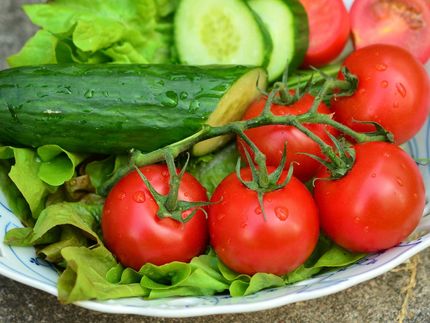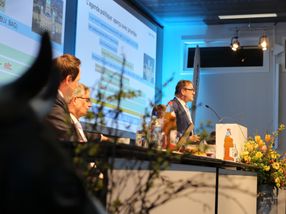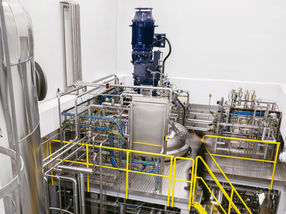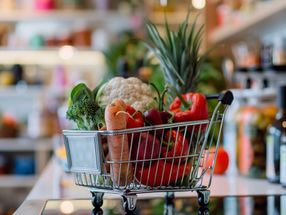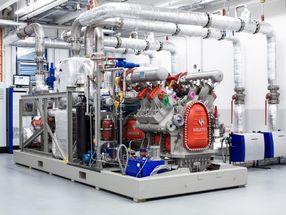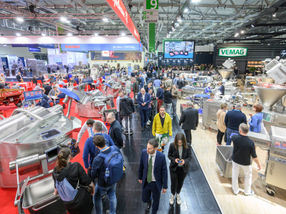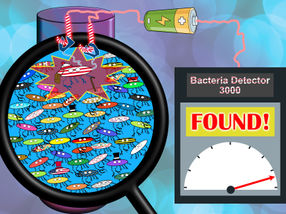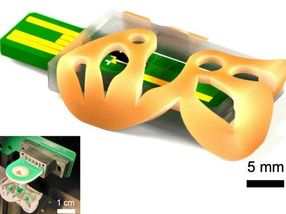After egg scandal, EU wants to improve 'exchange of information'
After a widening scandal in 45 countries involving eggs contaminated with the insecticide fipronil, agriculture ministers from European Union member states want to improve "the exchange of information," they said after a meeting Tuesday.
Tarmo Tamm, Estonia's minister for rural affairs, which currently holds the EU's rotating presidency, said better cooperation was needed "to resolve these kinds of crisis situations faster and more efficiently."
Fipronil is banned under EU law for use on animals destined for human consumption. Its discovery in eggs in recent months prompted questions about the efficacy and speed of information sharing in the EU.
German Agriculture Minister Christian Schmidt said it was necessary for all EU member states to have the same standards when it comes to sharing information.
The issue will be discussed at a ministerial meeting on September 26 in Brussels.
European Commissioner for health and food safety, Vytenis Andriukaitis, said "all suspected farms," had been blocked and contaminated eggs and egg products were in the process of being destroyed, and promised "to remain extremely vigilant."
According to the commission, 26 of 28 EU countries have reported cases of tainted eggs, while 19 non-EU countries have also reported cases.
Within the European Union, only Lithuania and Croatia are currently not affected.
Outside the bloc, tainted eggs have been found in countries such as the United States, Russia, South Africa and Turkey.
Fipronil is a common ingredient in veterinary products for getting rid of fleas, lice and ticks in animals. It is banned from use on animals destined for human consumption. It can cause damage to the liver, thyroid glands and kidneys if consumed in large quantities.
Low levels of fipronil were discovered in eggs after the insecticide was apparently used to clean chicken pens.
The egg contamination scare has led to huge numbers of potentially tainted eggs to be withdrawn and destroyed as a precaution. Farms have also been blocked from production.
The Estonian presidency acknowledged that, "while the risk to human health is low, the consequences of this criminal activity have greatly impacted consumer confidence." (dpa)
Other news from the department business & finance
Most read news
More news from our other portals
See the theme worlds for related content
Topic world Food safety
Food safety is at the heart of the food and beverage industry. It ensures that the food we eat every day is not only nutritious, but also free of harmful contaminants. From field to plate, the industry monitors and regulates every step of the process with strict quality controls, advanced testing methods and continuous research.

Topic world Food safety
Food safety is at the heart of the food and beverage industry. It ensures that the food we eat every day is not only nutritious, but also free of harmful contaminants. From field to plate, the industry monitors and regulates every step of the process with strict quality controls, advanced testing methods and continuous research.

